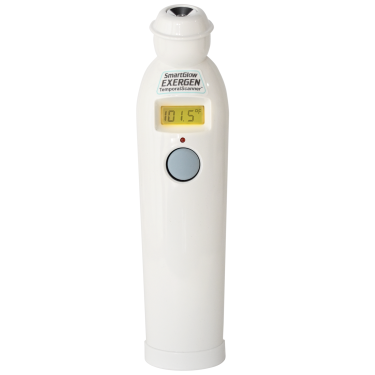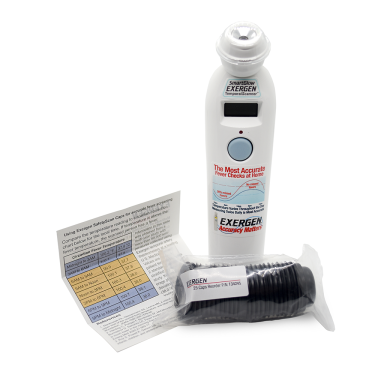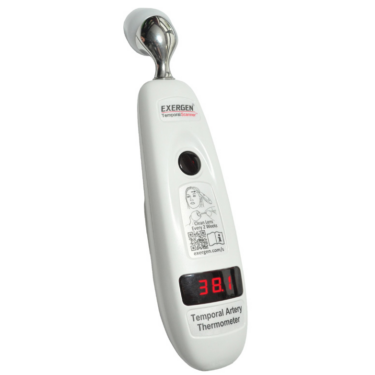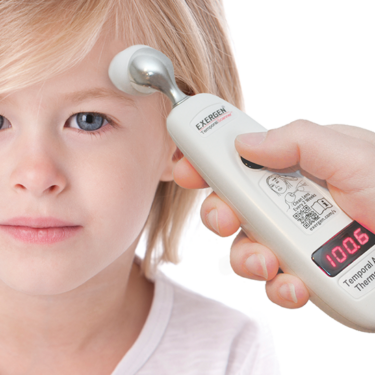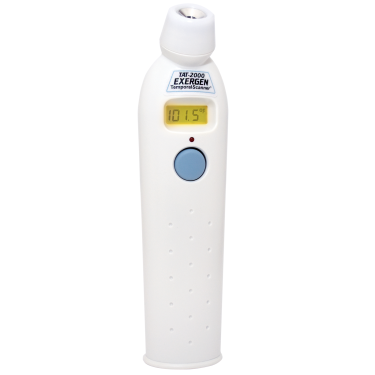November 6 is Malaria Day in the Americas. On this day countries in this region are reminded of their fight against malaria. Every year, around 250 million people are inflicted with malaria, which results in approximately 1 million deaths worldwide.
What is Malaria?
Malaria is common in tropical and subtropical countries and is caused by a parasite and spreads to humans through the bites of infected mosquitoes. People who are infected with malaria usually feel very sick and have a high fever and chills.
What Can You Do?
To reduce infections, organizations distribute preventive drugs and insecticide-treated bed nets to protect people from mosquito bites. The World Health Organization has recommended a malaria vaccine for use in children who live in countries with high cases of malaria. In addition to wearing protective clothing, bed nets and insecticides for protection people can also take preventive medicine before, during and after trips to a high-risk area.
Since fever is a symptom, one way to monitor it is to do regular temperature checks, twice daily to track fever patterns. For regular temperature checks it is important to have an easy-to-use, accurate thermometer like the Exergen Temporal Artery Thermometer. All it takes is a gentle swipe across the forehead by softly touching it. Early detection of fever allows for prompt medical attention.
Sources,
Exergen P/N 850557
